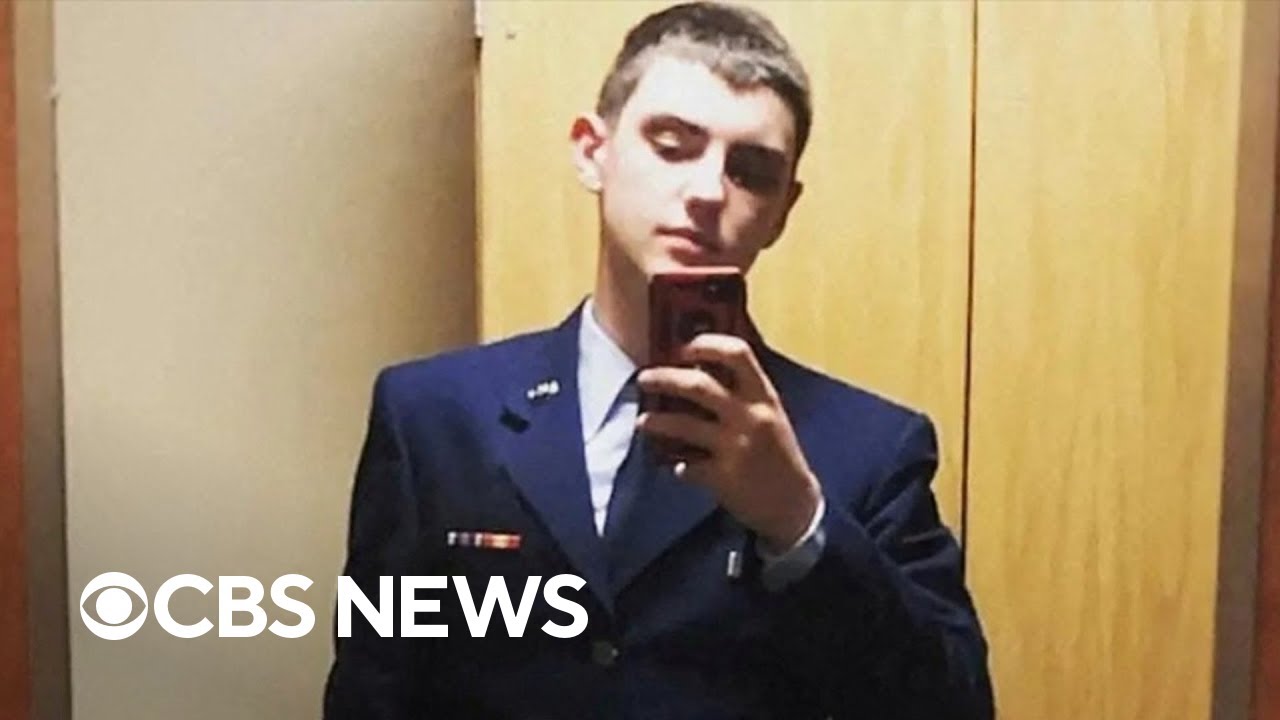Judge Delays Detention Hearing For Air National Guardsman Accused Of Classified Material Leak
Unleash Your Creative Genius with MuseMind: Your AI-Powered Content Creation Copilot. Try now! 🚀
The recent case of a 21-year-old accused of leaking classified documents has caught the attention of the nation. The judge has agreed to delay the detention hearing, and charges have been filed under the Espionage Act. This raises significant concerns about the security of classified information within intelligence agencies.
Assessing the Damage
When incidents like these occur, it is crucial to evaluate the potential damage to national security. Assessments of this nature can take months or even years. In the case of 21-year-old Jack Teixeira, who was arrested last week for leaking classified documents, investigators across intelligence agencies are working tirelessly to determine the extent of the breach.
Questions arise as to why an individual like Teixeira had access to such sensitive information. This incident has prompted a comprehensive review of existing policies to prevent similar breaches in the future. The security community must ensure that it is not as easy as it once was for individuals to compromise classified materials.
The Long Road of Damage Assessment
Damage assessments are intricate and time-consuming processes. Experts meticulously examine leaked documents, analyzing them line by line to identify the potential risks posed to national security. The work of assessing damage can take years, as seen in the ongoing assessment of the 2013 leak of surveillance records by Edward Snowden.
One of the main challenges in conducting damage assessments is the consolidation of intelligence from multiple agencies. Documents often contain information from agencies like the CIA and the NSA, as well as wiretapped data. Untangling and understanding this complex web of information requires considerable effort.
Additionally, the impact of leaks becomes even more critical when wiretapped information is involved. If the source of the wiretap becomes aware that their communication is being monitored, they may go silent, cutting off a valuable source of intelligence. Thus, damage assessments must not only focus on what was leaked but also consider the potential loss of ongoing intelligence gathering.
Consequences and Time Extensions
In light of the leaking controversy, consequences are being felt within the intelligence community. The intelligence unit in Massachusetts where Teixeira worked has been suspended. This suspension highlights the importance of their work and the need for increased vigilance.
However, it is also essential to note that security procedures were in place, but they failed to prevent the leak. This raises questions about the adequacy of existing safeguards and the need for improved measures to protect classified information.
In the legal realm, Teixeira requested an extension for his detention hearing, which the judge granted. These extensions are not uncommon, as both parties involved typically request additional time to consolidate arguments and review evidence. The public defenders must thoroughly assess the evidence against Teixeira before proceeding to the pretrial phase.
The Role of Congress
Congress has a significant role in responding to the leaking controversy. Both the Senate and the House are receiving classified briefings to gain insight into the situation. While legislative action may not be immediately necessary, it is possible that Congress could mandate legislation to ensure uniformity across departments and accountability for administrative privilege.
The leaking controversy involving Smartmatic has raised important questions about the security of classified information and the measures in place to prevent unauthorized leaks. It serves as a reminder that constant vigilance and improvements are necessary to safeguard national security.

Related Recaps
- Robert Sapolsky: “I Don’t Think We Have Any Free Will Whatsoever.” | People I (Mostly) Admire | 18
- No one took accountability | Love is Blind Season 4 Reunion - Rant/Recap/Review
- Bilimsel İllüstrasyon
- LIVE : సునీతా పిటిషన్ విచారణ ప్రారంభం .. అవినాష్ ఇంటి వద్ద భారీ బలగాలు | ABN Telugu
- ZEROBASEONE Profile - Final Top 9 of Boys Planet